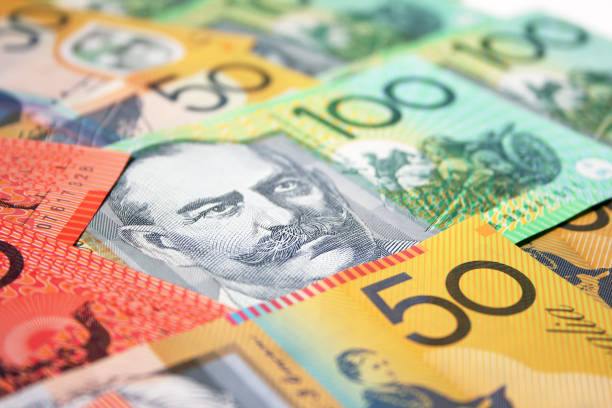AUD/JPY rises to near 95.00 as Australian Dollar advances due to rising Copper prices
- Gold jumps over 2% toward $5,400 after US, Israel attack Iran
- Strait of Hormuz Blockade: JPM Warns Crude Production May Halt After 25 Days. How Will US-Iran Conflict Trajectory Affect Global Oil Prices?
- Gold rises to near $5,200 amid US tariff uncertainty, US PPI data in focus
- Gold gains above $5,150 as US tariff uncertainty drive demand, eyes on US-Iran talks
- Oil prices rise as US and Iran extend talks into next week
- WTI Price Forecast: Retreats from seven-month top, still well bid near $71.00 mark

AUD/JPY gained as the Australian Dollar strengthened on rising Copper futures.
US President Donald Trump plans to implement tariffs on Copper imports within weeks.
The Japanese Yen weakened amid concerns that upcoming US reciprocal tariffs could impact key Japanese exports.
AUD/JPY rebounded from previous session losses, trading around 94.90 during European hours on Wednesday. The currency cross strengthened as the commodity-linked Australian Dollar (AUD) found support from a surge in Copper futures, which hit a record high above $5.20 per pound. Given Australia’s role as a major copper exporter, this boost in commodity prices lifted the AUD.
Meanwhile, US President Donald Trump stated in a Newsmax interview on Wednesday that he intends to impose tariffs on copper imports within weeks. Although the Commerce Department originally had until November 2025 to investigate and decide on potential tariffs, recent developments suggest they may be implemented much sooner.
However, the AUD slipped against its peers following the release of February’s Monthly Consumer Price Index (CPI), which rose 2.4% year-over-year—slightly below both January’s 2.5% increase and market expectations of 2.5%.
The AUD/JPY cross also climbed as the Japanese Yen (JPY) weakened on Wednesday. Investors braced for the impact of upcoming US reciprocal tariffs, which could affect key Japanese exports. Additionally, a rebound in risk assets, including equities and commodities, reduced demand for the safe-haven JPY.
Bank of Japan (BoJ) Governor Kazuo Ueda told parliament that the central bank would continue raising interest rates if economic conditions align with projections. He noted that economic growth has surpassed expectations, with a positive cycle of rising incomes fueling consumer spending.
Read more
* The content presented above, whether from a third party or not, is considered as general advice only. This article should not be construed as containing investment advice, investment recommendations, an offer of or solicitation for any transactions in financial instruments.



